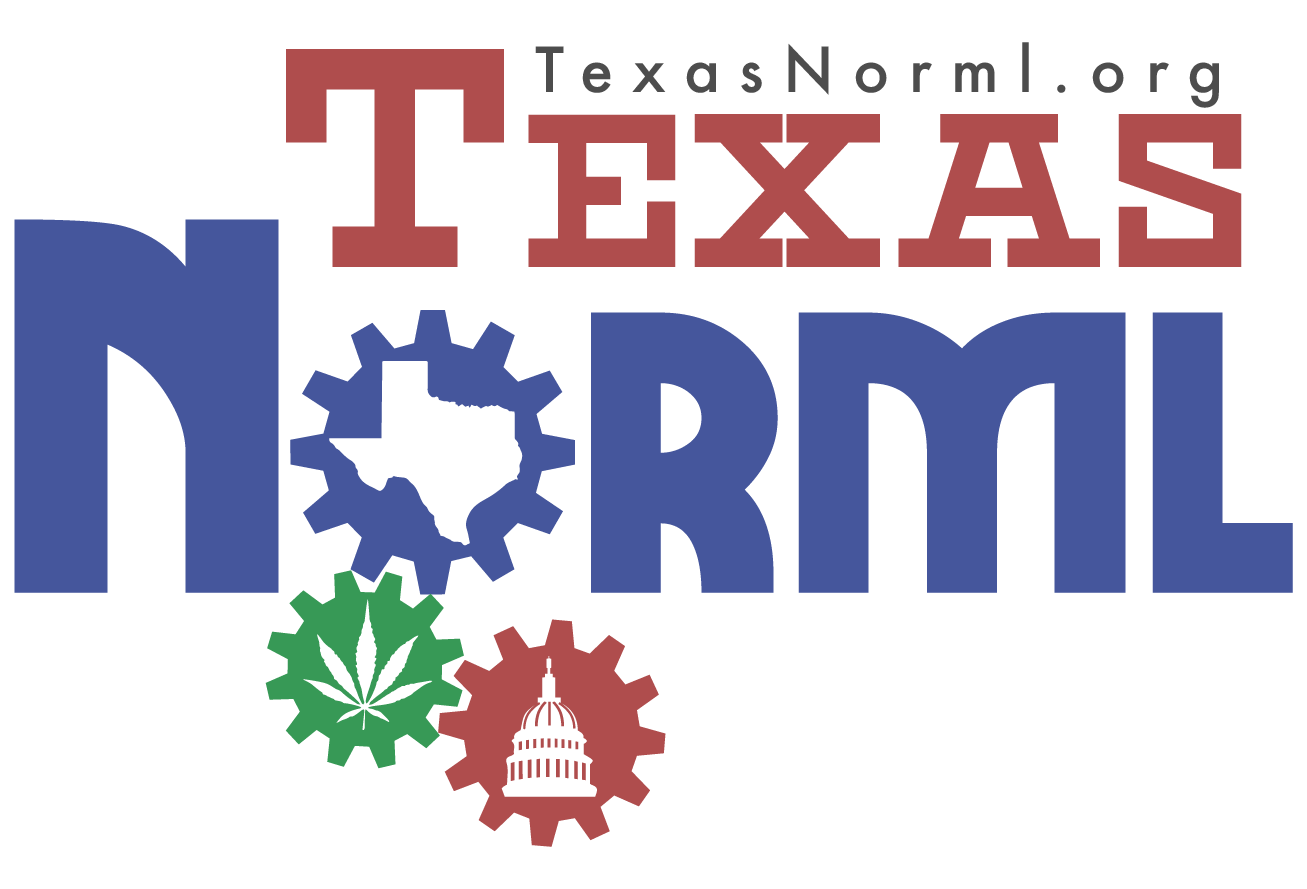By: Paul Armentano, NORML Deputy Director
The results of a series of randomized, placebo-controlled clinical trials assessing the efficacy of inhaled marijuana consistently show that cannabis holds therapeutic value comparable to conventional medications, according to the findings of a 24-page report issued earlier today to the California state legislature by the California Center for Medicinal Cannabis Research (CMCR).
Four of the five placebo-controlled trials demonstrated that marijuana significantly alleviated neuropathy, a difficult to treat type of pain resulting from nerve damage.
“There is good evidence now that cannabinoids (the active compounds in the marijuana plant) may be either an adjunct or a first-line treatment for … neuropathy,” said Dr. Igor Grant, Director of the CMCR, at a news conference at the state Capitol. He added that the efficacy of smoked marijuana was “very consistent,” and that its pain-relieving effects were “comparable to the better existing treatments” presently available by prescription.
A fifth study showed that smoked cannabis reduced the spasticity associated with multiple sclerosis. A separate study conducted by the CMCR established that the vaporization of cannabis – a process that heats the substance to a temperature where active cannabinoid vapors form, but below the point of combustion – is a “safe and effective” delivery mode for patients who desire the rapid onset of action associated with inhalation while avoiding the respiratory risks of smoking.
Two additional clinical trials remain ongoing.
The CMCR program was founded in 2000 following an $8.7 million appropriation from the California state legislature. The studies are some of the first placebo-controlled clinical trials to assess the safety and efficacy of inhaled cannabis as a medicine to take place in over two decades.
Placebo-controlled clinical crossover trials are considered to be the ‘gold standard’ method for assessing the efficacy of drugs under the US FDA-approval process.
“These scientists created an unparalleled program of systematic research, focused on science-based answers rather than political or social beliefs,” said former California Senator John Vasconcellos, who sponsored the legislation in 1999 to launch the CMCR. Vasconcellos called the studies’ design “state of art,” and suggested that the CMCR’s findings “ought to settle the issue” of whether or not medical marijuana is a safe and effective medical treatment for patients.
“This (report) confirms all of the anecdotal evidence – how lives have been saved and pain has been eased,” said California Democrat Senator Mark Leno at the press conference. “Now we have the science to prove it.”
Full text of the CMCR’s report to the California legislature is available at online at: http://www.cmcr.ucsd.edu/CMCR_REPORT_FEB17.pdf.


